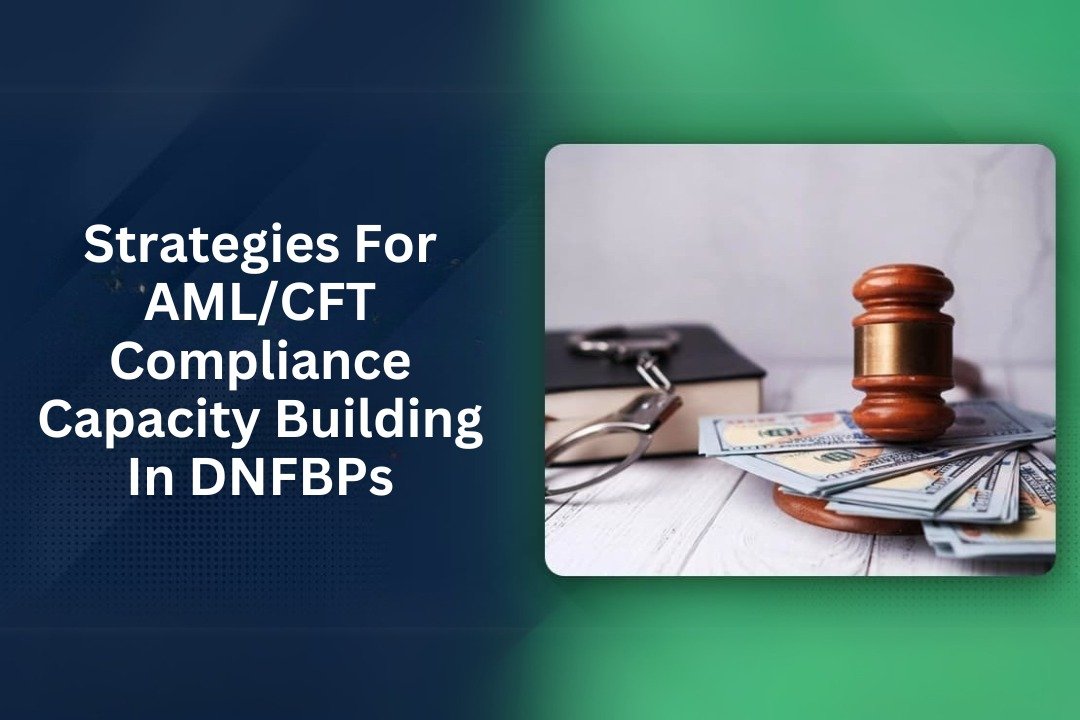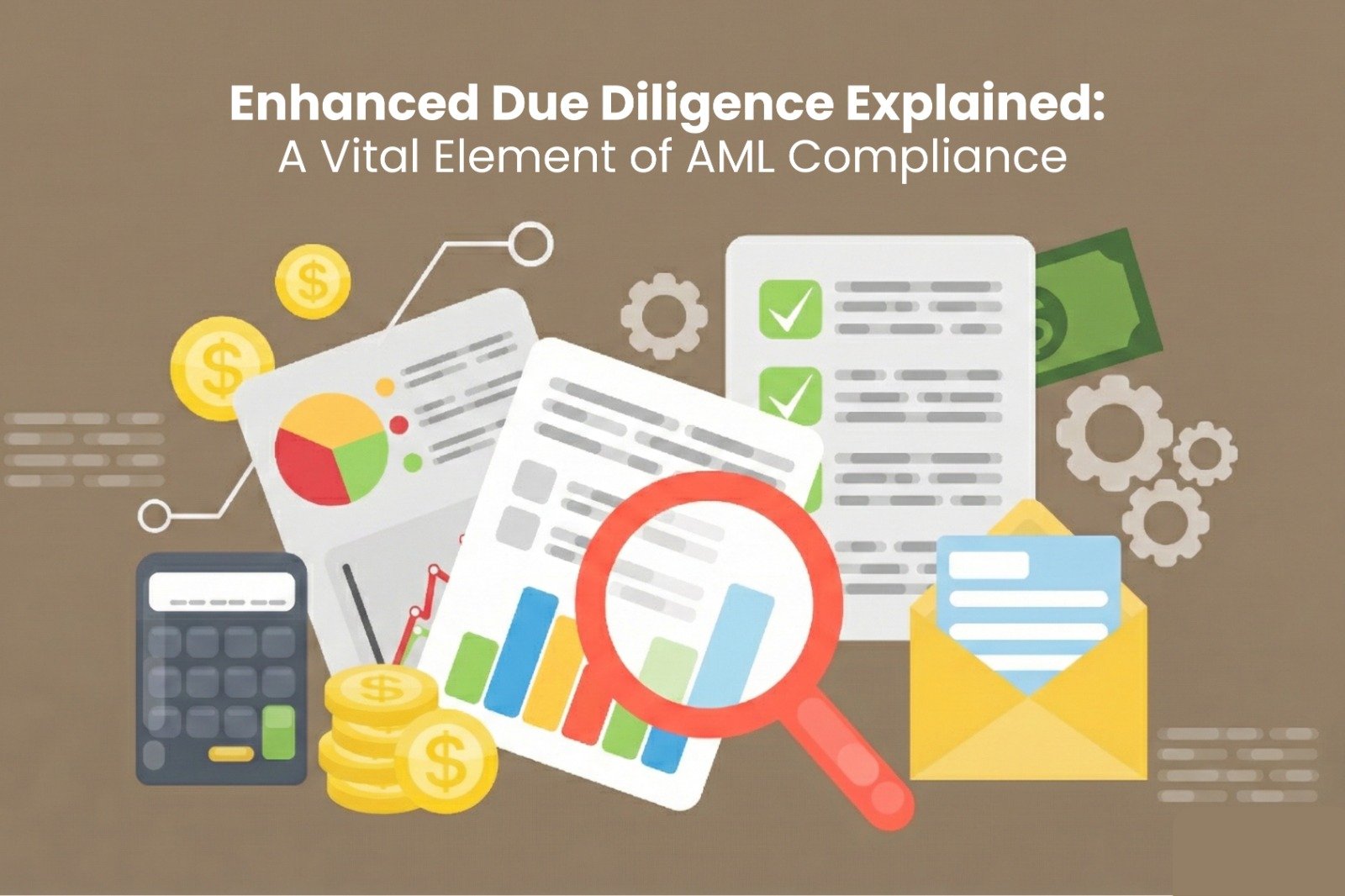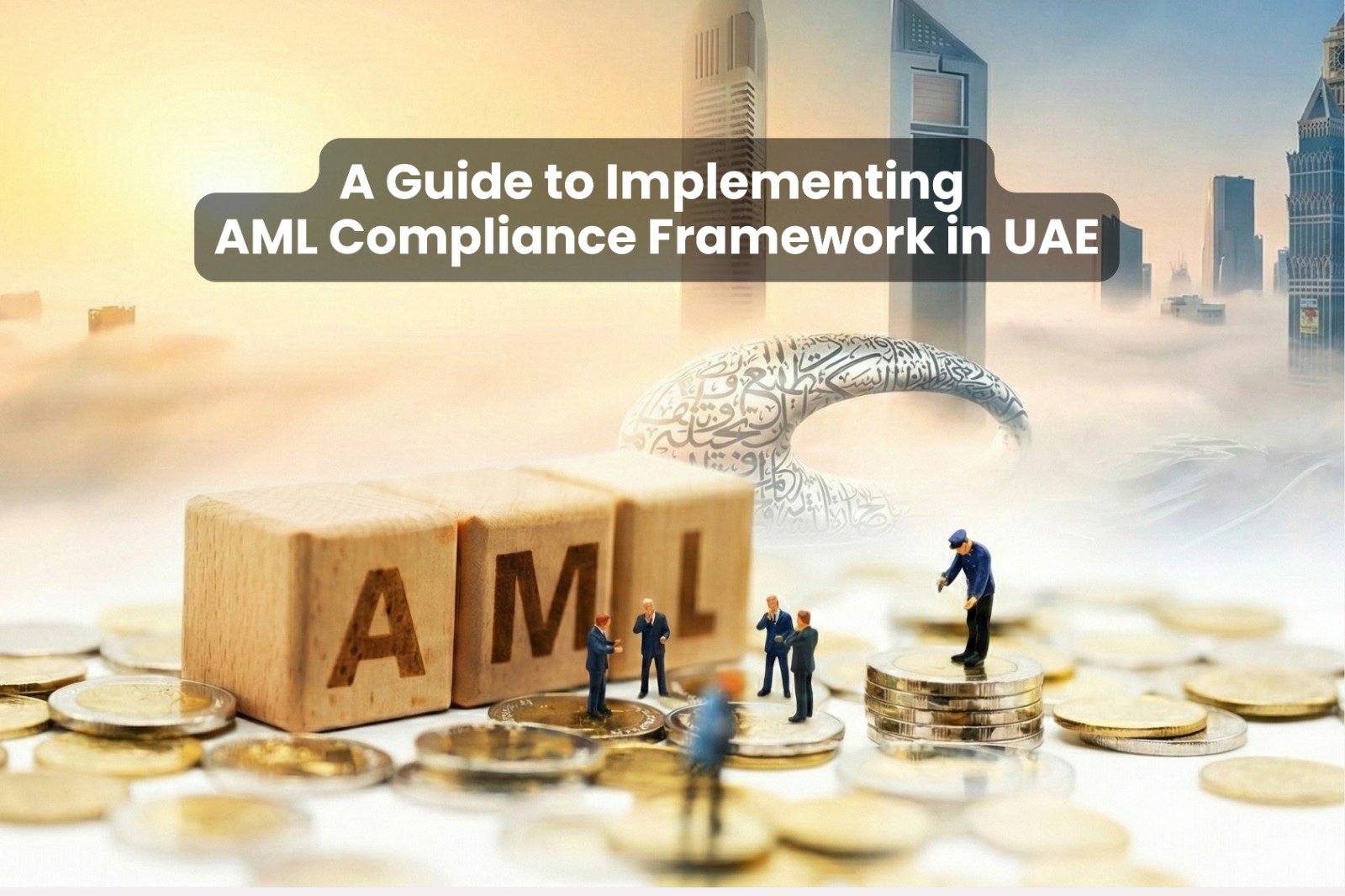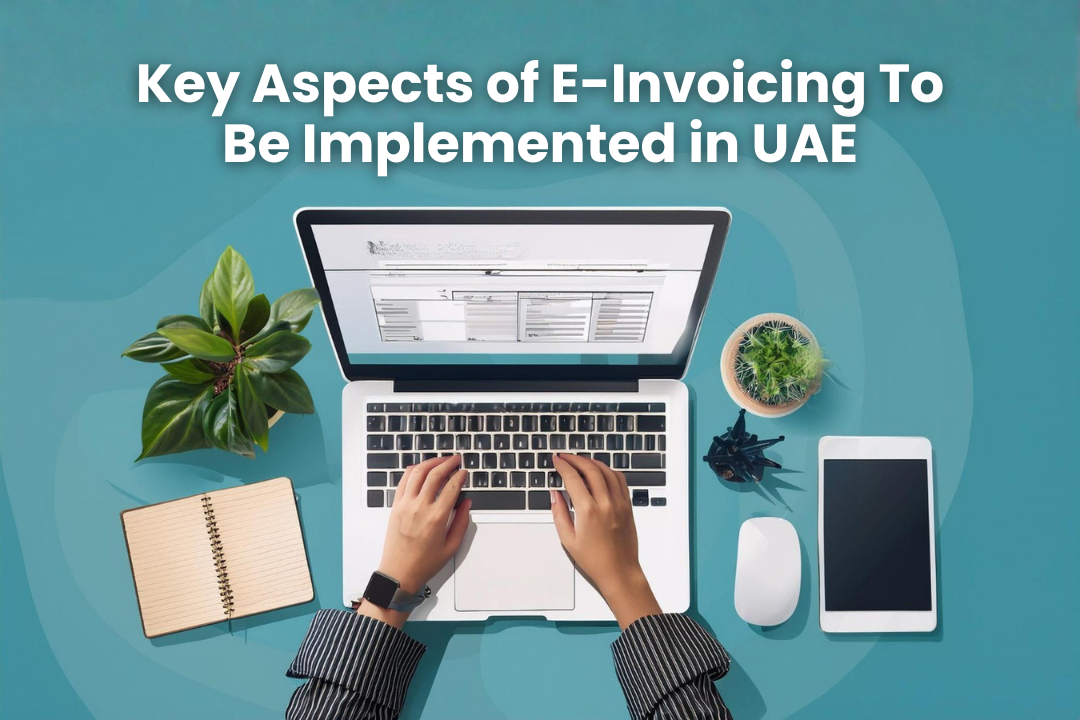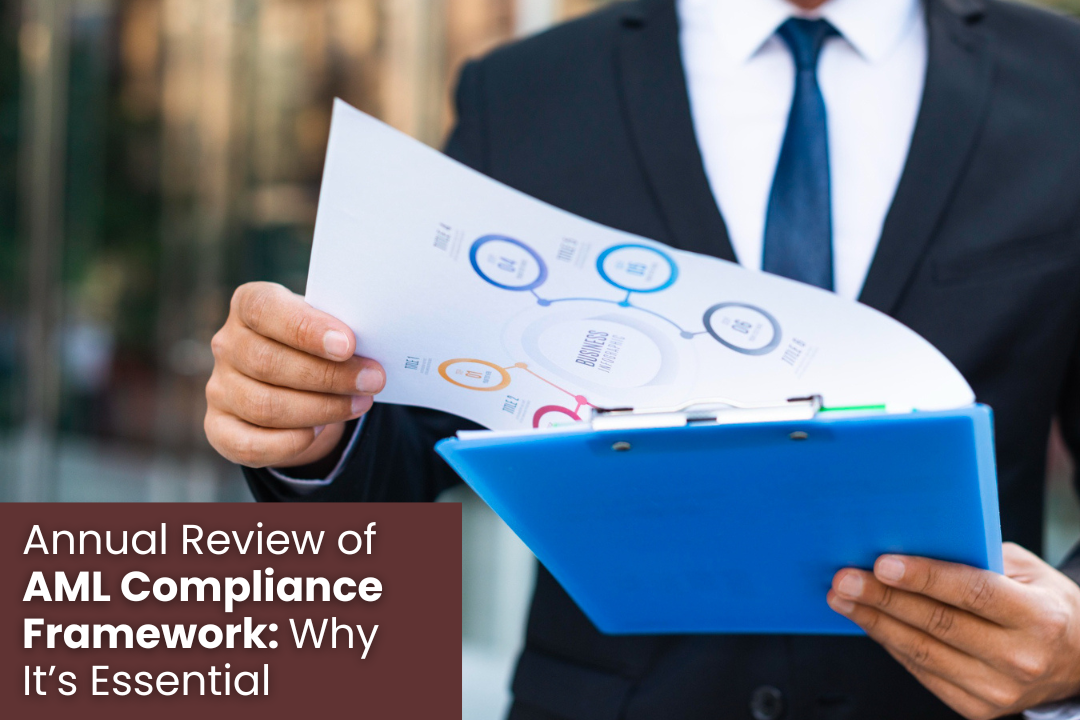In the evolving regulatory landscape of the UAE, Designated Non-Financial Businesses and Professions (DNFBPs)—such as real estate agents, dealers in precious metals and stones, law firms, and corporate service providers -are under increasing pressure to meet AML/CFT compliance requirements.
Strengthening internal capacity is no longer optional; it’s a legal imperative. A well-planned AML/CFT Compliance Capacity strategy ensures that your organization is equipped to detect, prevent, and report suspicious activities, while also remaining audit-ready.
Why DNFBPs Must Prioritize AML/CFT Capacity Building
Unlike financial institutions, DNFBPs may lack the in-house expertise or resources to meet stringent UAE AML/CFT laws. However, they are equally vulnerable to exploitation by money launderers and are subject to the same regulatory scrutiny.
Capacity building in AML/CFT is not just about hiring compliance officers—it’s about creating a culture of compliance, backed by structured training, ongoing knowledge enhancement, and system-driven practices.
Core Strategies for Building AML/CFT Compliance Capacity
Building an effective AML/CFT compliance program requires more than just policies on paper -it demands continuous investment in people, processes, and systems. For DNFBPs operating in the UAE’s dynamic regulatory environment, strengthening internal compliance capacity is essential to detect, prevent, and report financial crimes effectively.
Whether you’re a real estate broker, legal consultant, or corporate service provider, implementing targeted strategies ensures that your business remains resilient against evolving threats. Below are some core, actionable strategies designed to help DNFBPs build sustainable AML/CFT Compliance Capacity and meet regulatory obligations with confidence.
1. Invest in AML/CFT Training Programs
Structured AML compliance training in UAE is essential for all levels of staff -from senior leadership to front-line employees. Training should include:
- Understanding UAE AML laws and risk typologies
- Red flag indicators
- STR filing procedures
- Ongoing CDD and enhanced due diligence practices
Regular sessions—preferably certified and tailored to specific DNFBP categories -can significantly improve awareness and response capabilities.
2. Appoint a Designated Compliance Officer
A dedicated compliance officer acts as the go-to person for all AML/CFT issues. This individual is responsible for overseeing day-to-day compliance activities, ensuring policy implementation, filing STRs with the UAE FIU, and liaising with regulators.
3. Develop a Risk-Based AML Framework
Rather than a one-size-fits-all model, DNFBPs should build risk-based AML/CFT frameworks aligned with the nature, size, and complexity of their business. This involves:
- Conducting AML risk assessments
- Categorizing clients and transactions by risk level
- Allocating resources accordingly
4. Leverage Technology for Training and Monitoring
Many UAE DNFBPs are now incorporating e-learning platforms and compliance tools to automate learning progress, provide case-based simulations, and track training performance. Tools for real-time transaction monitoring and customer screening also support smarter compliance decisions.
5. Create and Maintain Documentation
All AML/CFT policies, controls, and training efforts should be documented clearly. This includes:
- Training logs
- Attendance sheets
- Policy manuals
- Internal audit records
Proper documentation demonstrates preparedness during AML inspections and proves your proactive compliance stance.
6. Conduct Periodic Internal Reviews
Ongoing internal audits and mock inspections help DNFBPs identify gaps and prepare for real regulatory reviews. These exercises should evaluate the effectiveness of training programs, STR reporting accuracy, and the overall implementation of AML/CFT controls.
7. Stay Updated on Regulatory Changes
Regulations in the UAE are constantly evolving, particularly with the increasing focus on DNFBP supervision. Enrolling in certified AML training in UAE or working with consultants can help DNFBPs stay informed and compliant.
Conclusion
As enforcement tightens and penalties increase, AML/CFT Compliance Capacity building is crucial for DNFBPs in the UAE. By adopting a holistic approach—training, leadership involvement, documentation, and the right technology -organizations can reduce their risk exposure and meet regulatory expectations confidently. For end-to-end support in building your compliance capacity, including AML training programs and framework implementation, partner with Auditac International -trusted AML experts in Abu Dhabi and Dubai.
